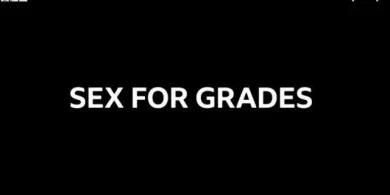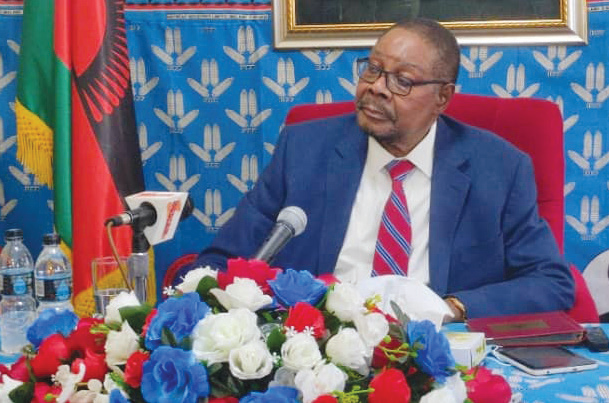Government should tread carefully on Chizuma row
On Tuesday, the government applied to the High Court to restore the interdiction of the Anti-Corruption Bureau (ACB) director general Martha Chizuma.
A day before, MLS had the interdiction lifted after arguing that the Corrupt Practices Act in Section 6(2) and (3) prescribes that the power to suspend or remove the ACB director lies only with the President, not the Secretary to the President and Cabinet.
The conflict between Chizuma and the State threatens to devolve into a perpetual struggle that could undermine the credibility of Malawi’s justice system if the Executive and the Judiciary do not handle it with the care and delicacy it deserves.
As it is, some sections of the public believe that the leaked audio that started all this drama was part of a State-sanctioned conspiracy designed to kick out the ACB director and protect some corrupt individuals connected to some political elites in the current administration.
There might be some merit in this line of thought. There might be some people who invested in seeing Chizuma relieved of her duties because of what she allegedly said in the leaked audio and evade prosecution for their suspected crimes.
After all, corrupt systems, no matter how bad they are, benefit a few individuals in strategic positions and usually, these politically connected individuals rise to defend the dysfunctional structures that support their malfeasance.
However, that line of reasoning deflects attention from some fundamental issues that may be key to getting to the bottom of this fiasco. For example, if the cases against the suspects ACB wants to prosecute are so clear-cut, why has it taken this long to put them behind bars?
The most plausible answer would be that the State and/or some of its agents are conspiring against Chizuma and frustrating her efforts.
But if that is true, then the police, the Judiciary, the public and all relevant authorities have to face up to a few uncomfortable truths. The agents of corruption Chizuma is chasing have infiltrated her inner circle and will use that to discredit her!
It is baffling that neither the State nor Chizuma seems interested in bringing the person Chizuma was addressing in that infamous audio to state his motives for recording the audio and subsequently leaking it to the public.
Surely, it would be in the public’s interest for the State and its prosecutors to know how much the ACB director revealed to this individual and who was pulling his strings. Prosecutors need to know how much the suspects know of the cases Chizuma is handling if they are to prosecute successfully.
Instead, what Malawians are getting is a series of legal disputes between the ACB director, the Executive and the Attorney General, who should really collaborate to prosecute the suspects.
As said earlier, the whole drama reinforces the opinion that the State is shielding the individuals suspected of corruption. That opinion, if left unchecked, could lead to some bigger problems down the line.
It places a lot of faith in Chizuma as a person and discredits the systems that have been placed around her.
As long as some sections of the public believe the ACB director is the one and undisputed champion of corruption, any attempt by the State and the people who feel aggrieved by the contents of that leaked audio to hold her accountable for her actions will be construed as an act of intimidation and bullying.
That could undermine the principle that no one is above the law.
If the State feels Chizuma broke the law with what she said in the audio and it has reasonable grounds to dismiss her, then let a competent court of law prove her guilt before wielding the axe. At least give her the chance to defend herself.
As painful and uncomfortable as it may be, it seems the only way to get through this saga with the public’s trust in the legal system intact is to let Chizuma carry on with her job. If anyone feels aggrieved, let them go to the courts and seek relief. They have the right to do so.
Let the learned men of the law prove beyond reasonable doubt who is guilty and who is innocent. This case is far too important to be settled in the court of public opinion.





